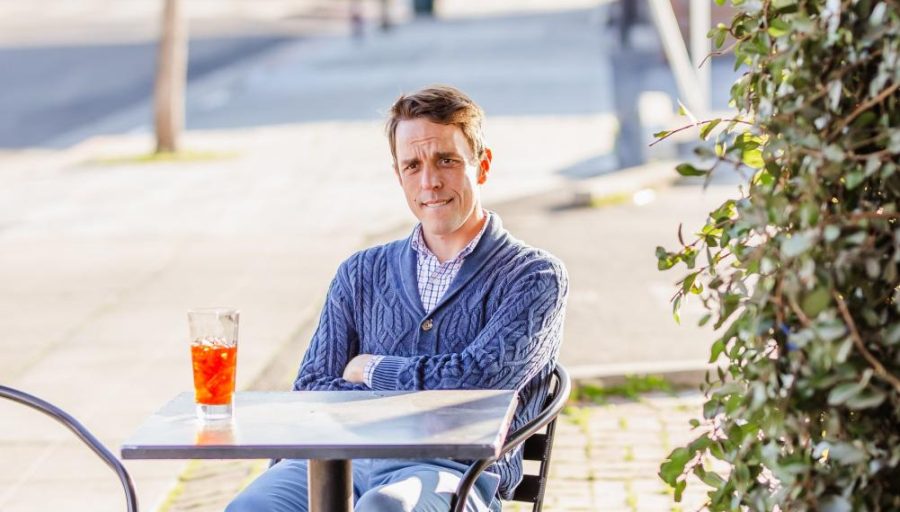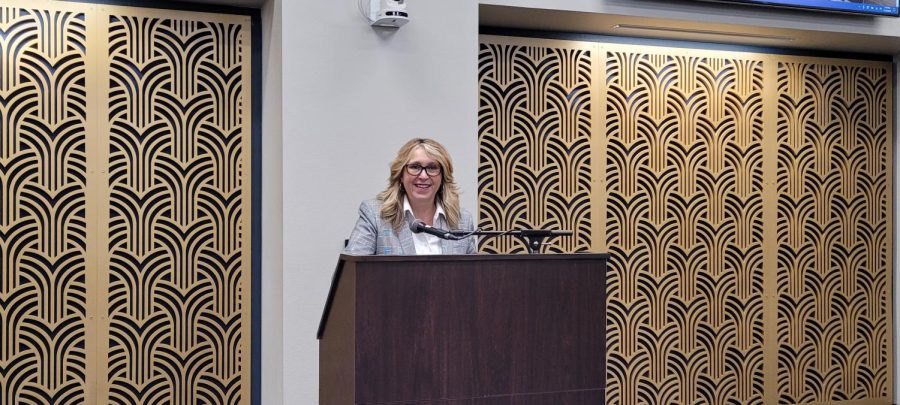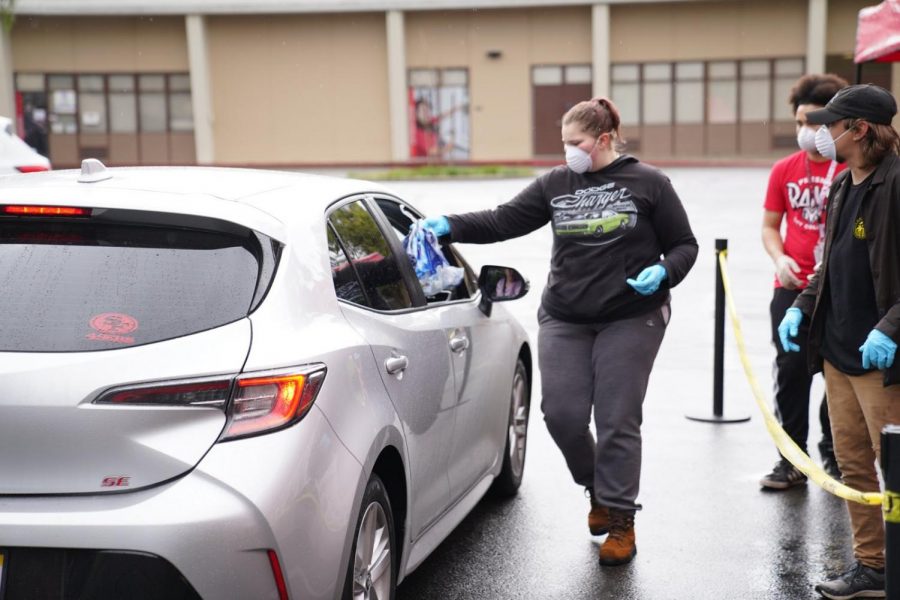Fresno City College transfer center has entered its busiest time of the year. California State University’s application season runs from Oct.1 to Nov. 30 and the University of California system allows students to apply throughout the month of November.
Transfer Center Coordinator Leticia Canales said that approximately 1,200 FCC students move on to four-year universities every year to continue their studies. The transfer center helps them to verify that they are eligible to transfer and assists with the application process. Canales suggests that students begin planning their education process as early as their freshman year. That way, they don’t have to waste time taking classes that they don’t need and meet the requirements sooner.
“We would like to see students be more assertive in understanding their major,” said Canales. “In other words, do they know what their major is and what system they want to apply whether it’s CSUs or UCs because that helps us to determine what application period and cycle they should be considering.”
Canales also said that many universities prefer students with high-impacted science-related majors like biology, computer science and engineering to have their major preparatory courses completed first instead of intersegmental general education transfer curriculum (IGETC).
“All of these majors are heavier in math, chemistry and physics sequence,” she said. “And all of those classes you have to take one class at a time because they are very sequential. So, when you look at the core, it takes almost six to seven semesters just to get through that sequence. And the completed IGETC might not be what’s going to get them in.”
Since the beginning of the spring 2012 semester, FCC students also have an opportunity to use virtual advising. According to Canales, students can make a Skype appointment with an adviser from the university that they are interested in. Transfer center will fax them all the necessary documents such as an academic transcript and the student can ask them questions. Right now the virtual advising program is possible with UC Irvine, UC Santa Barbara and CSU Fresno.
“It’s allowing students to learn what they need,” said Canales. “Not just hearing from us but hearing from the adviser.”
For students who have been attending FCC for several semesters, know their major and what school they are going to transfer to, one of the most popular options is the Transfer Admission Guarantee (TAG) program introduced by University of California.
According to the UC website, TAG will allow students to apply early and receive a guaranteed admission notification if they maintain the required level of GPA and have completed the specific amount of units for the particular campus. TAG applications are generally submitted a year prior to admission during the month of September. However, students can only choose one university campus, not UCLA or UC Berkeley, as their TAG.
“A lot of our students use TAG as their primary choice or some of them would use it as a backup,” said Canales.
Another option that will guarantee students the transfer admission is getting an associate degree for transfer introduced by the Senate Bill 1440 (SB 1440).
According to the bill, students in community colleges who complete 60 transferable semester units that include general education, major preparation and elective courses, will receive an associate of arts or science degree and get a priority admission to one the California State University campuses depending on their location and field of study. The associate degree generally follows the CSU general education pattern as well as the major courses but without the physical education and computer requirements.
“It’s a win-win,” said Canales. “You leave here with an associate degree, and you also have a spot waiting for you at CSU.”
Besides verifying that students are eligible for admission, FCC transfer center also assists students applying to out-of-state universities. The center holds CSU and UC application process workshops every day during the months of October and November to guide students through writing a personal statement essay and filling out the application form.
Canales suggests that students fill out general information such as name and address first but when it comes to the academics section, they should come in and see a counselor to avoid making mistakes.
She said, “We want to make sure that a student is entering the correct information on the transcript and where it needs to go.”

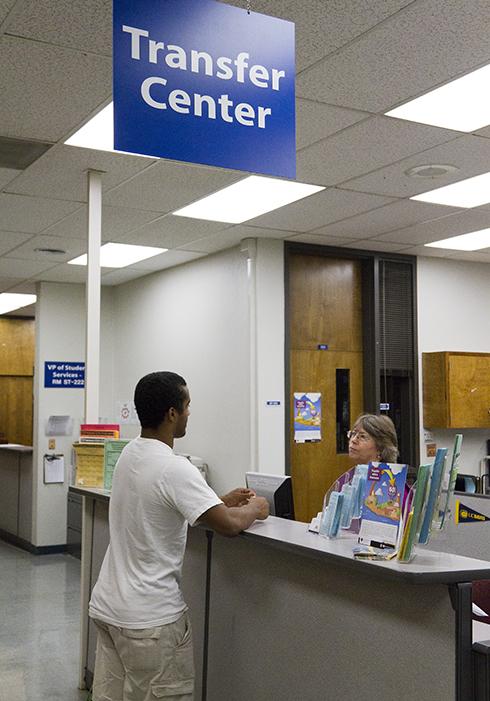
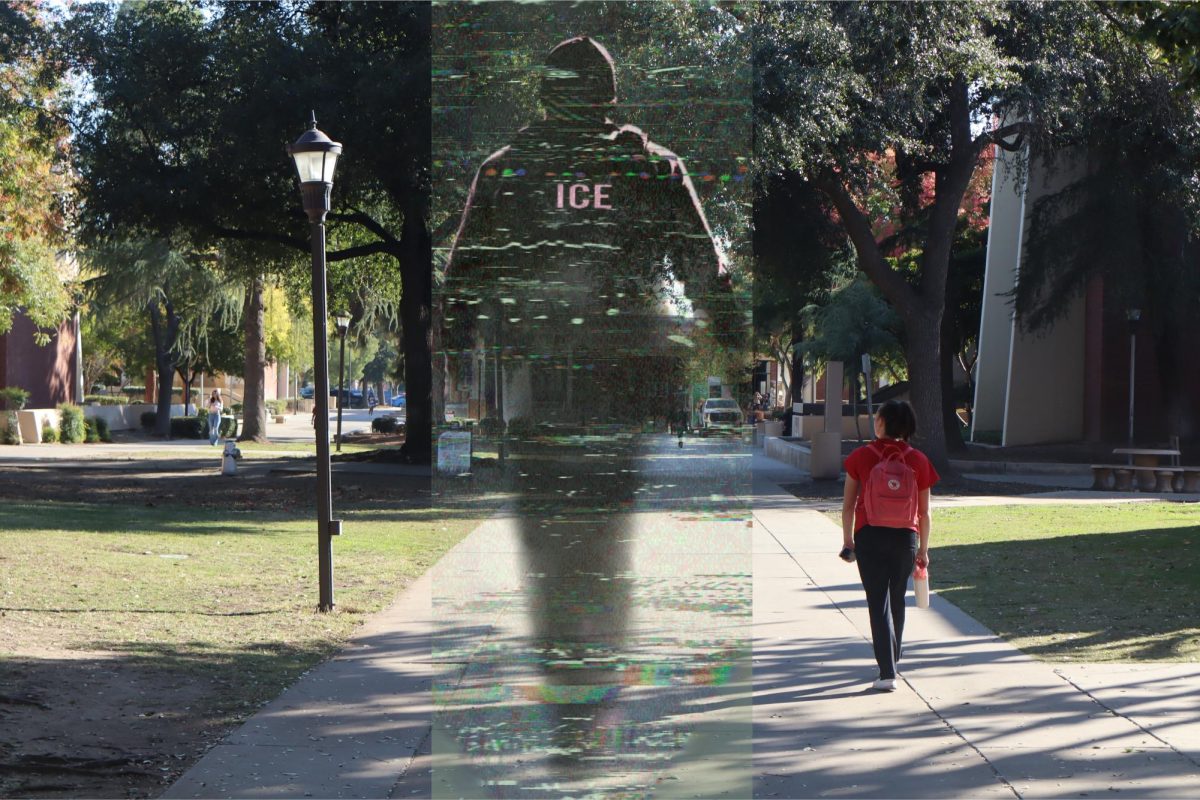
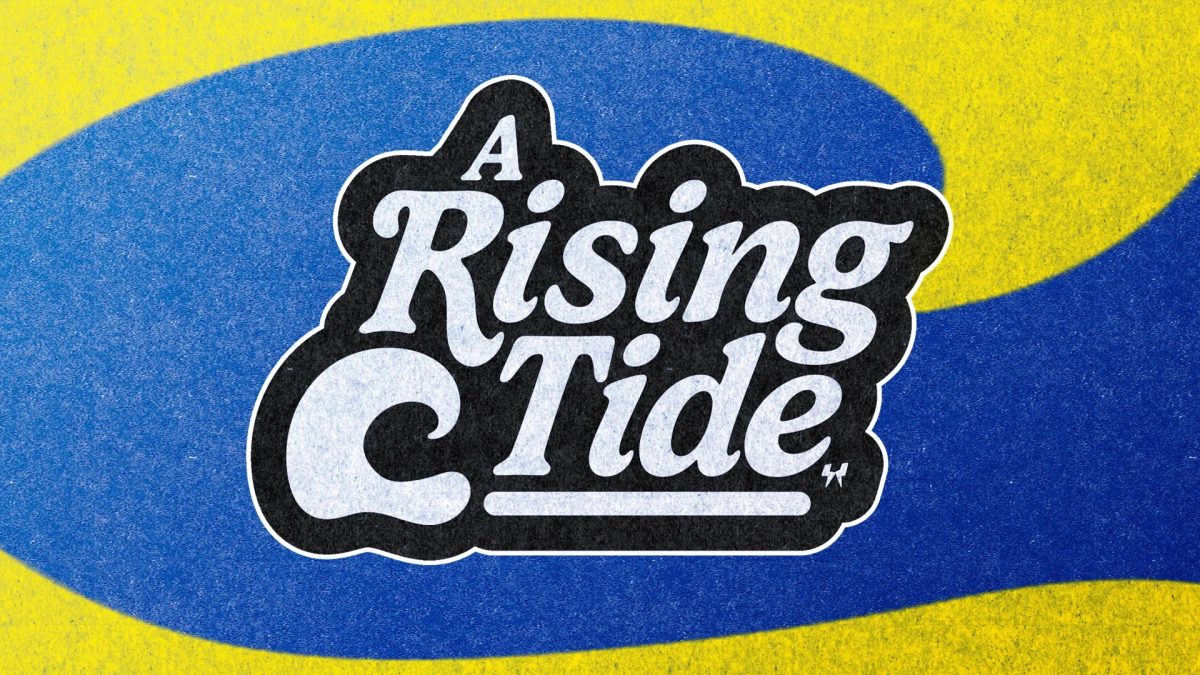

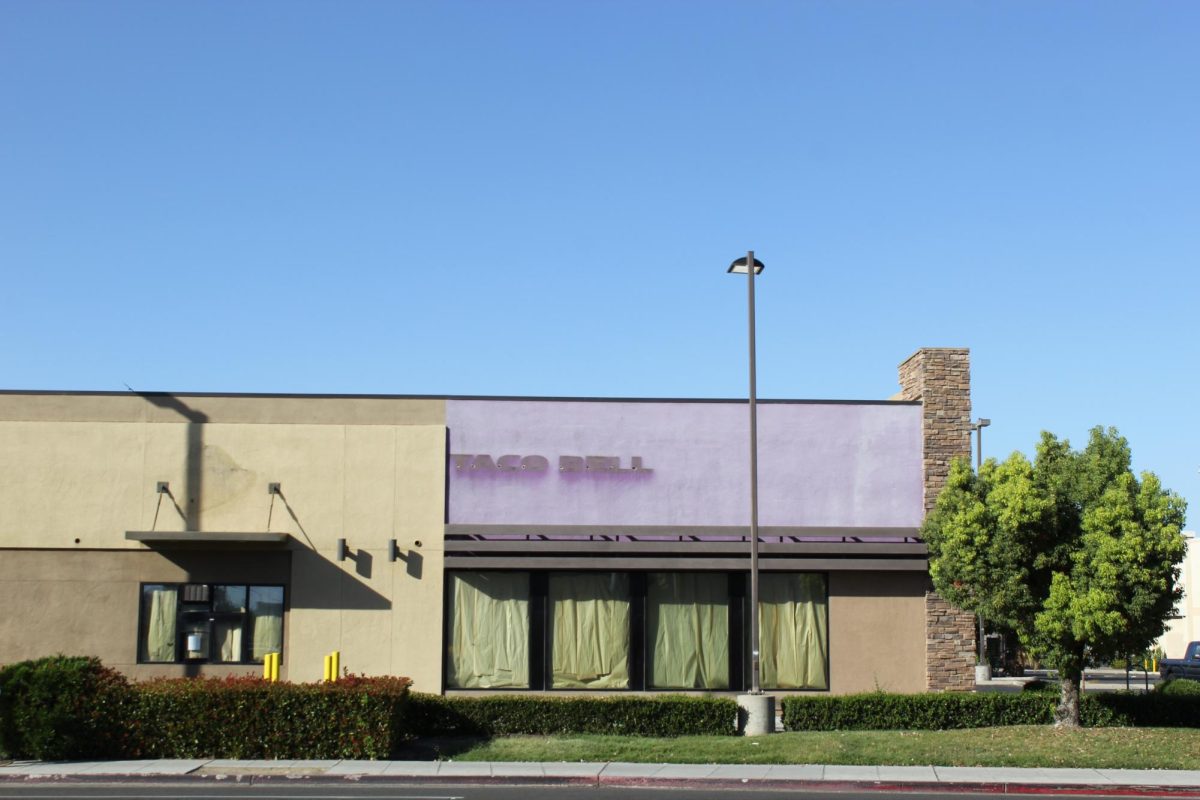

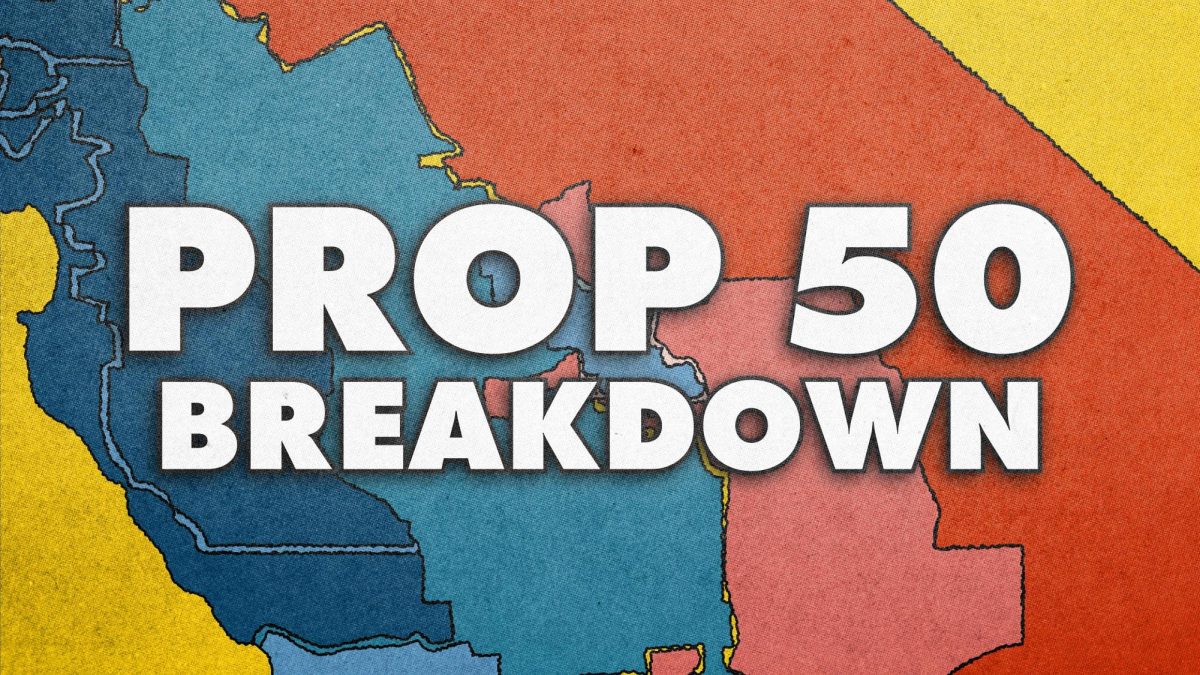
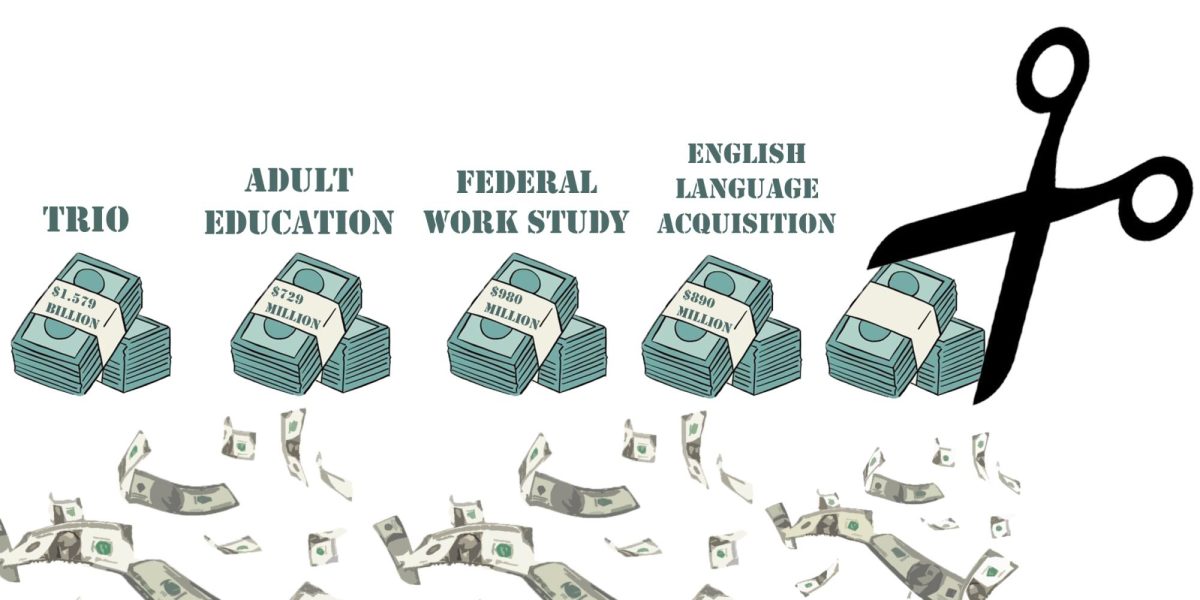
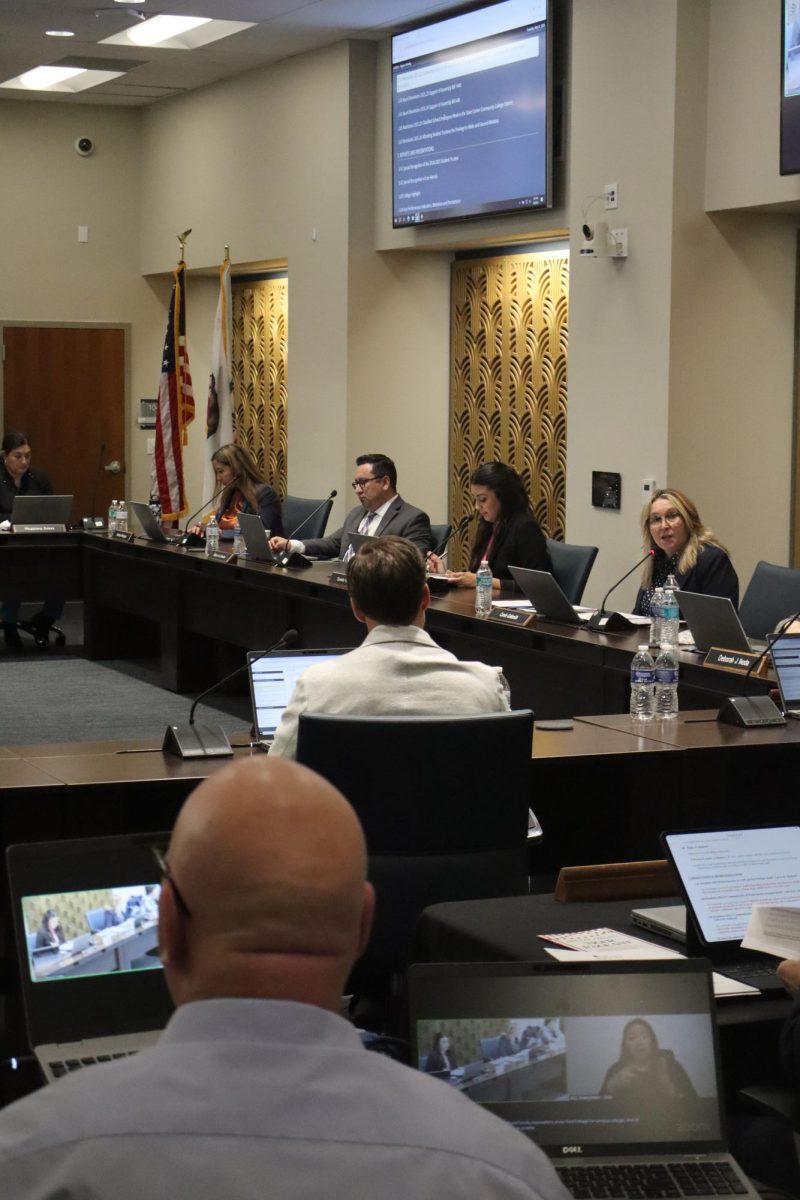
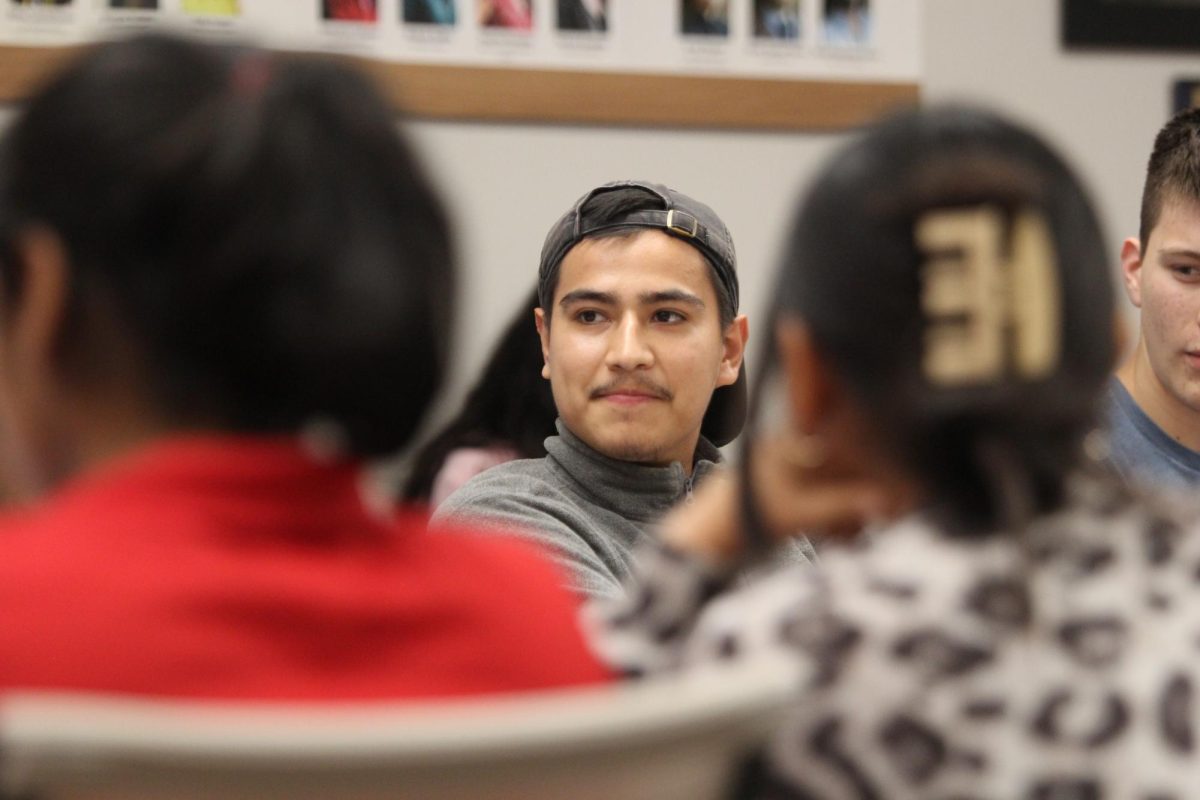
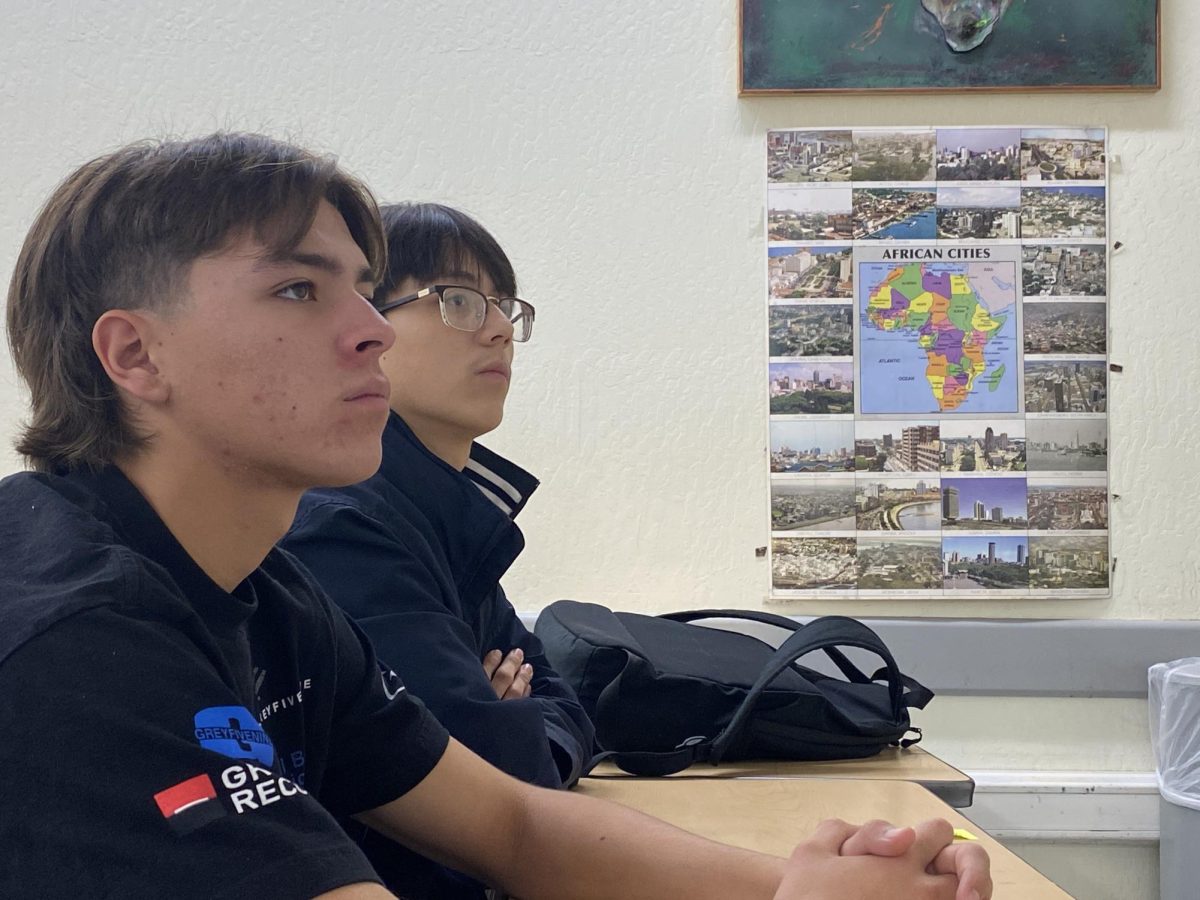
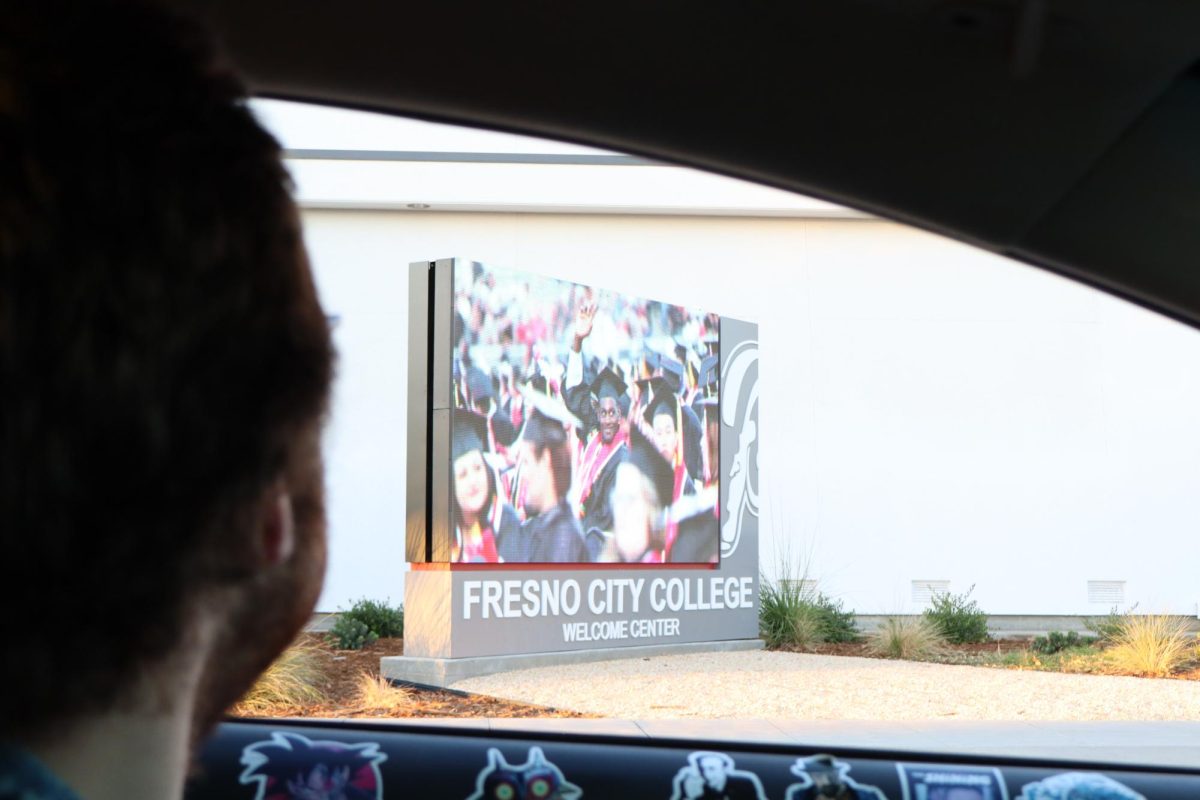

![[File Photo] On Wednesday, Feb. 19 Ed Madec coached what could be his final game as the Ram's head coach against the Reedley Tigers. Madec is currently under investigation for possible violations of CCCAA regulations.](https://www.therampageonline.com/wp-content/uploads/2020/03/Madec-900x600.jpg)

